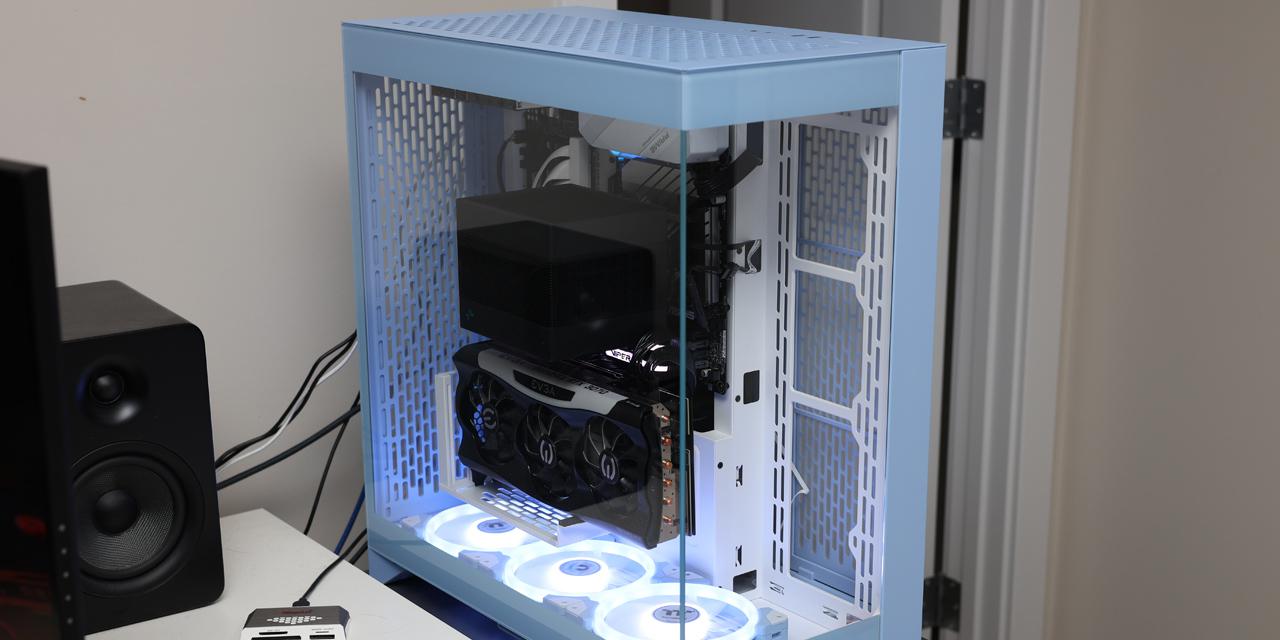|
From DailyTech: Microsoft Office hasn't had a true competitor in years. People, particularly news people, sometimes like to manufacture an opponent in such a case. In the case of Office, people have hailed Open Office and Google Docs as finally giving Microsoft a "fight". While this may certainly someday come to fruition, such predictions are at the very least premature. As Microsoft prepares to launch the latest version of Microsoft Office at a special 11 a.m event ("Office 2010 + SharePoint 2010") in New York City, all the numbers look in Microsoft favor. Worldwide, 500 million customers use Office. Office's marketshare has held steady at 94 percent for years according to market research firm Gartner. The next closest competitor, Adobe has a mere 4 percent of the market. That means that Open Office and Google Docs are the dedicated office software of less than 2 percent of the people covered in this study. Google may brag about the thousands of paying business subscribers its adding to its Google Docs program, but ultimately most Google Docs users use the free edition. Google Docs has 25 million users -- about a twentieth of the total user base of Office. And its questionable how many of those users are "dedicated" users -- users who use that as their primary office software. No, the true story of the Microsoft Office 2010 will be told not by how it fares against the competition, but rather by the amount of revenue it generates. The last new version of Office came in 2006 -- that version still managed to pull in $19B USD in revenue last year. Microsoft hopes to get a big boost in revenue when it launches Office 2010 to consumers next month, priced from $119 to $499. Some late buyers of Office 2007 may even get a free upgrade. And to try to lure in hesitant buyers, Microsoft is offering, in essence, its own Google Docs clone -- an free ad-supported version of the Office suite that lacks many of the suite's advanced features. The move could squeeze out a bit more revenue in the long run. View: Article @ Source Site |
 |
Office 2010 to Launch Today, Microsoft Owns 94 Percent of the Market
© Since 2005 APH Networks Inc. All trademarks mentioned are the property of their respective owners.





